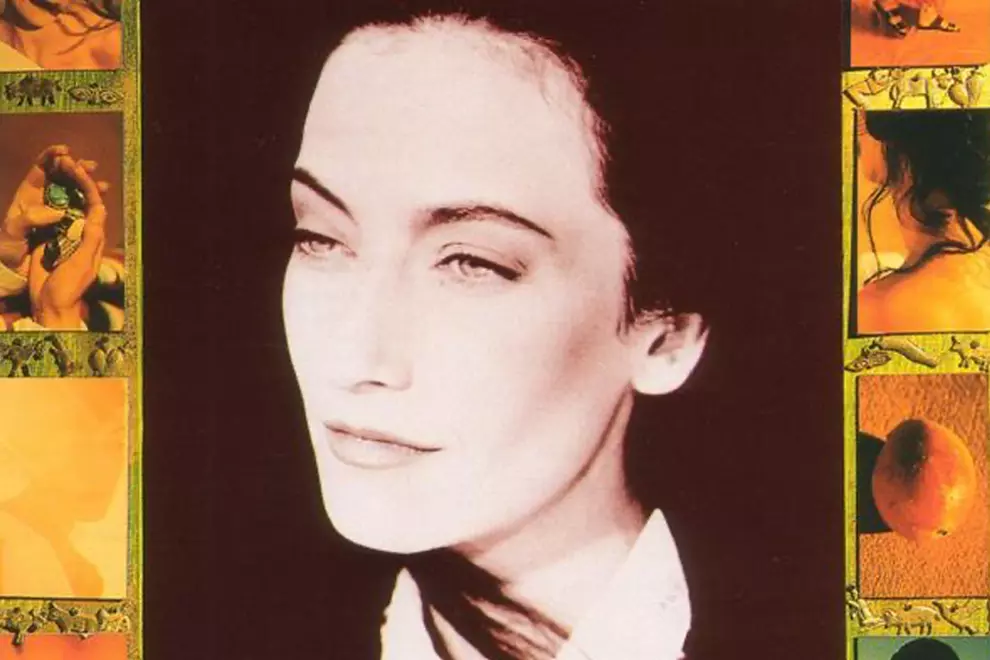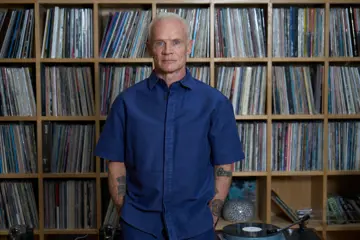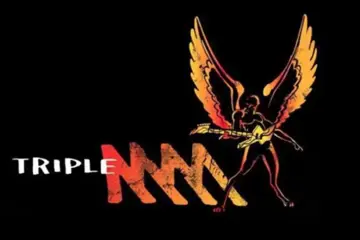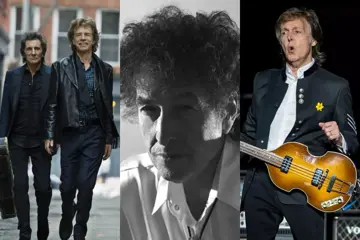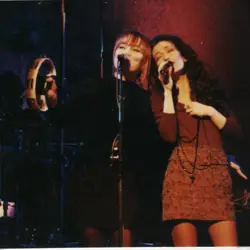 Wendy Matthews
Wendy MatthewsIf you’ve ever wondered what the differences between independent labels and major record companies are (besides the obvious), multi-ARIA Award-winning artist Wendy Matthews has shared some of her experiences of being signed to both in the new episode of podcast A Journey Through Aussie Pop, including the time she was asked by a BMG executive to sing more like the colour pink. Yes, really.
After years spent as an in-demand session vocalist, the Canadian-born singer/songwriter started out on rooART in 1989, a small local label run by the late Chris Murphy that was also home to Ratcat and The Hummingbirds. Matthews originally came to rooART as part of supergroup Absent Friends (alongside then-partner Sean Kelly, James Valentine and Garry Gary Beers, among others), but after the runaway success of top 5 single I Don’t Want To Be With Nobody But You, she was snapped up for a solo deal.
“RooART was almost like a family business”, Matthews told the podcast, stating that she was given a great degree of creative control to choose what producers she worked with and select singles from her albums. That working relationship led to top-selling albums like Émigré and Lily, and hit singles The Day You Went Away, Lets Kiss (Like Angels Do) and Token Angels.
But after the label was sold to international major BMG in 1996 ahead of her fourth solo album, Ghosts, she noticed a change.
“Then it just completely changed – whole different ball game,” Matthews said. “That was the first time that I’d look behind me in the recording studio and there would be BMG executives sort of hanging around, listening to what you’re doing and approving or not approving and having some suggestions.”
Matthews admitted that some feedback would result in the record company representatives being mocked after they left the studio.
Don't miss a beat with our FREE daily newsletter
“The money man at the record company doesn’t know what he’s talking about when he tries to tell you, ‘I think you sing this track a little more pink,’” she recalled. “’Just sound pink.’ I mean, honestly. I don’t know what he was trying to say, but he wanted me to sound more like the colour pink.”
Although she could laugh off such record company meddling and get on with the business of making music, that wasn’t possible after BMG was consumed by the mid-2000s merger with Sony Music. At that point, despite being a three-time winner of Best Female Artist at the ARIAs, Matthews found herself without a record deal.
“Sony had a policy then… that when a woman hits 40, that’s it. There’s definitely a used by date. And all of us at the time used to talk about it and sort of lament and get pissed off, but that was the way it was, so Sony did a huge cull and there were a lot of women in their late 30s and early 40s that were basically just dropped from the label.”
Now happily independent again, Matthews looked back at her extensive career on A Journey Through Aussie Pop, talking about her time in LA as a ghost vocalist for Cher, her work with Models, Kate Ceberano and Rockmelons in the ’80s, and how her remake of The Day You Went Away defied music trends at the time to be the most successful Australian single of 1992.
Listen to A Journey Through Aussie Pop on Apple, Spotify, Amazon and all major podcast platforms or at chartbeats.com.au/aussie.

